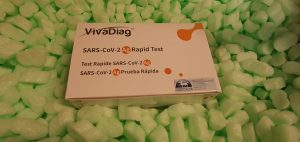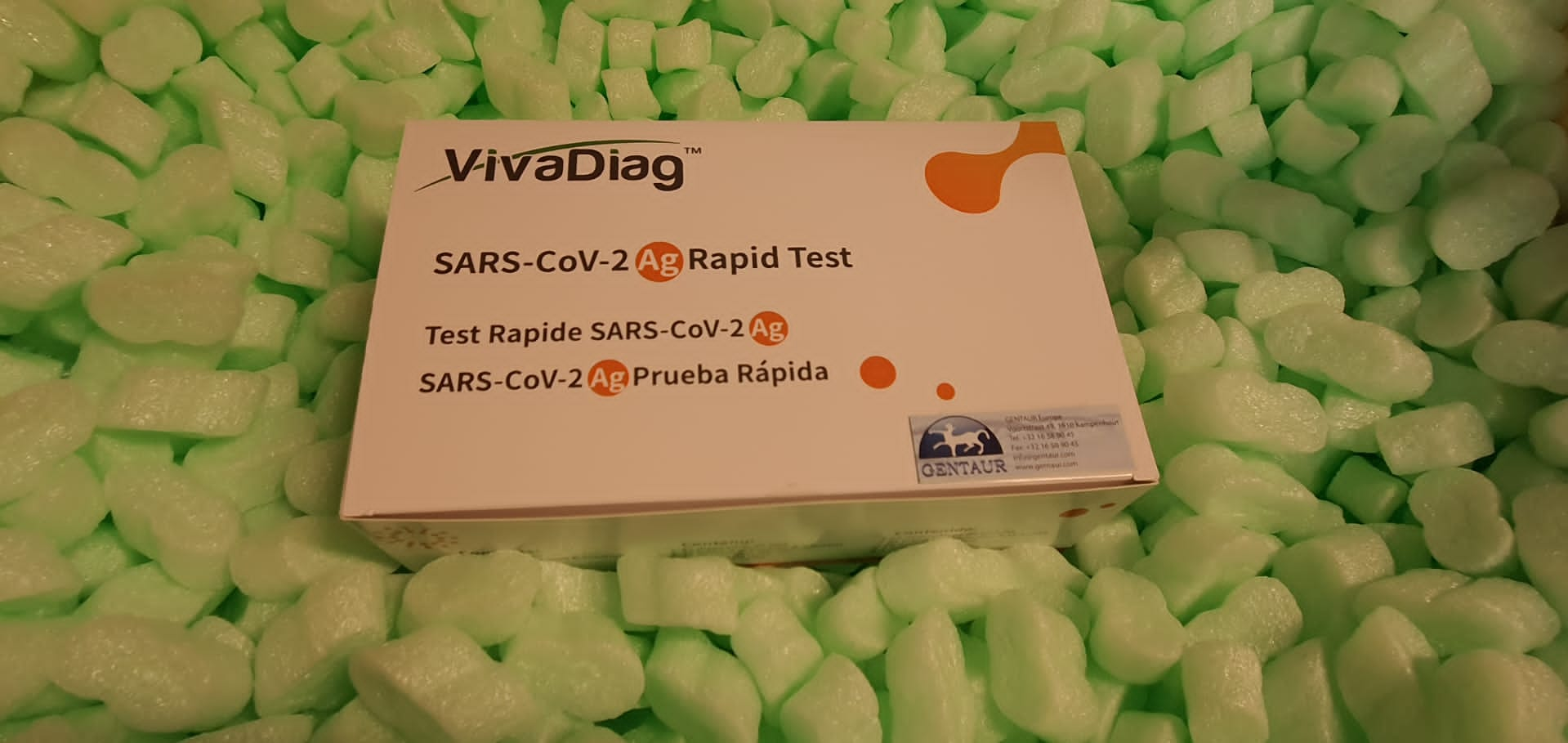In December 2019, the novel betacoronavirus Extreme Acute Respiratory Illness Coronavirus 2 (SARS-CoV-2) was first detected in Wuhan, China. SARS-CoV-2 has since turn out to be a pandemic virus leading to a whole lot of hundreds of deaths and deep socioeconomic implications worldwide. In latest months, efforts have been directed in the direction of detecting, monitoring, and higher understanding human humoral responses to SARS-CoV-2 an infection. It has turn out to be essential to develop sturdy and dependable serological assays to characterize the abundance, neutralization effectivity, and length of antibodies in virus-exposed people.
Right here we overview the most recent information on humoral immune responses to SARS-CoV-2 an infection, together with the advantages and limitations of at the moment obtainable industrial and laboratory-based serological assays. We additionally spotlight vital serological concerns, equivalent to antibody expression ranges, stability and neutralization dynamics, in addition to cross-reactivity and potential immunological back-boosting by seasonal coronaviruses.
The power to precisely detect, measure and characterize the varied antibodies particular to SARS-CoV-2 is important for vaccine improvement, handle danger and publicity for healthcare and at-risk employees, and for monitoring reinfections with genetic variants and new strains of the virus. Having an intensive understanding of the advantages and cautions of standardized serological testing at a group degree stays critically vital within the design and implementation of future vaccination campaigns, epidemiological fashions of immunity, and public well being measures that rely closely on up-to-date information of transmission dynamics.
The COVID-19 pandemic has resulted in some populations being confined to their houses as a part of an infection management measures. This example might be arduous to deal with as a result of separation from family members, prohibition of normal actions, worry of an infection, lack of freedom, and so forth.
These detrimental impacts trigger appreciable psychological stress, and all of the extra so when the scenario continues for an prolonged interval, as was the case in Spain. The current examine was geared toward investigating the results of COVID-19 quarantine on the emotional functioning of confined Spanish people after eight weeks of lockdown by way of a cross-sectional examine. The potential associations between adjustments in emotional functioning and demographic variables (age and intercourse), well being habits (bodily train, following a routine, and smoking), social help, and resilience had been additionally analyzed.
Psychological Signs in Well being Professionals in Spain After the First Wave of the <em>COVID</em>-<em>19</em> Pandemic
Following the declaration of the COVID-19 outbreak as a worldwide pandemic in March 2020, a state of alarm was decreed in Spain. On this scenario, healthcare employees skilled excessive ranges of stress, nervousness and melancholy because of the heavy workload and dealing circumstances. Though Spain skilled a progressive decline within the variety of COVID-19 instances till the final week of Might (when a flattening of the case curve was achieved) and the work overload amongst well being employees was considerably lowered, a number of research have proven that this work overload is related to the later emergence of psychological signs induced by stress.
The purpose of the current examine was to guage the degrees of stress, nervousness, melancholy, post-traumatic stress and compassionate fatigue in well being professionals. The pattern consisted of 973 well being professionals 16.5% males, 82.9% ladies, and one non-binary individual. The information had been collected by means of a web-based questionnaire despatched to the individuals by e-mail. DASS-21 was used to measure nervousness, stress and melancholy, PCL-C to measure post-traumatic stress and ProQOL -vIV to measure compassion fatigue.
As well as, different descriptive variables that might be associated to those ranges of psychological symptomatology had been evaluated. The outcomes reveal that after the work overload skilled throughout the COVID-19 pandemic, healthcare employees report psychological signs, post-traumatic stress and compassion fatigue. It’s due to this fact really useful that these professionals be supplied with psychological assist with a purpose to cut back the emotional affect of COVID-19, and consequently enhance their psychological well being.
Kids Coping, Contextual Threat and Their Interaction Throughout the <em>COVID</em>-<em>19</em> Pandemic: A Spanish Case
The COVID-19 pandemic has modified the lives of tens of millions of individuals across the globe and a few of the unprecedent emerged disruptions, are more likely to have been significantly difficult for younger kids (e.g., faculty closures, social distancing measures, motion restrictions). Learning the affect of such extraordinary circumstances on their well-being is essential to determine processes resulting in danger and resilience.
To raised perceive how Spanish kids have tailored to the hectic disruptions ensuing from the pandemic outbreak, we examined the results of kid coping and its interactions with contextual stressors (pandemic and household associated) on baby adjustment, incorporating in our evaluation a developmental perspective. Information was collected in April 2020, by means of parent-reports, throughout the acute part of the pandemic and, briefly coinciding with the necessary nationwide quarantine interval imposed by the Spanish Authorities.
A pattern of 1,123 Spanish kids aged three to 12 participated within the examine. Outcomes confirmed variations in using particular methods by kids in numerous age teams. Regardless of the uncontrollable nature of the pandemic-related stressors, baby disengagement coping was distinctively related to detrimental outcomes (i.e., larger ranges of behavioral and emotional difficulties), whereas engagement coping predicted psychosocial adjustment throughout all age teams. Furthermore, interactively with baby coping, father or mother worry of the longer term and father or mother dispositional resilience seem as related contextual elements to foretell each detrimental and optimistic outcomes, however their results appear to be age dependent, suggesting the next contextual vulnerability for youthful kids.
These findings might need implications for figuring out particular person and contextual danger and informing potential preventive interventions aimed to scale back the affect of future pandemic outbreaks on kids of various ages.


